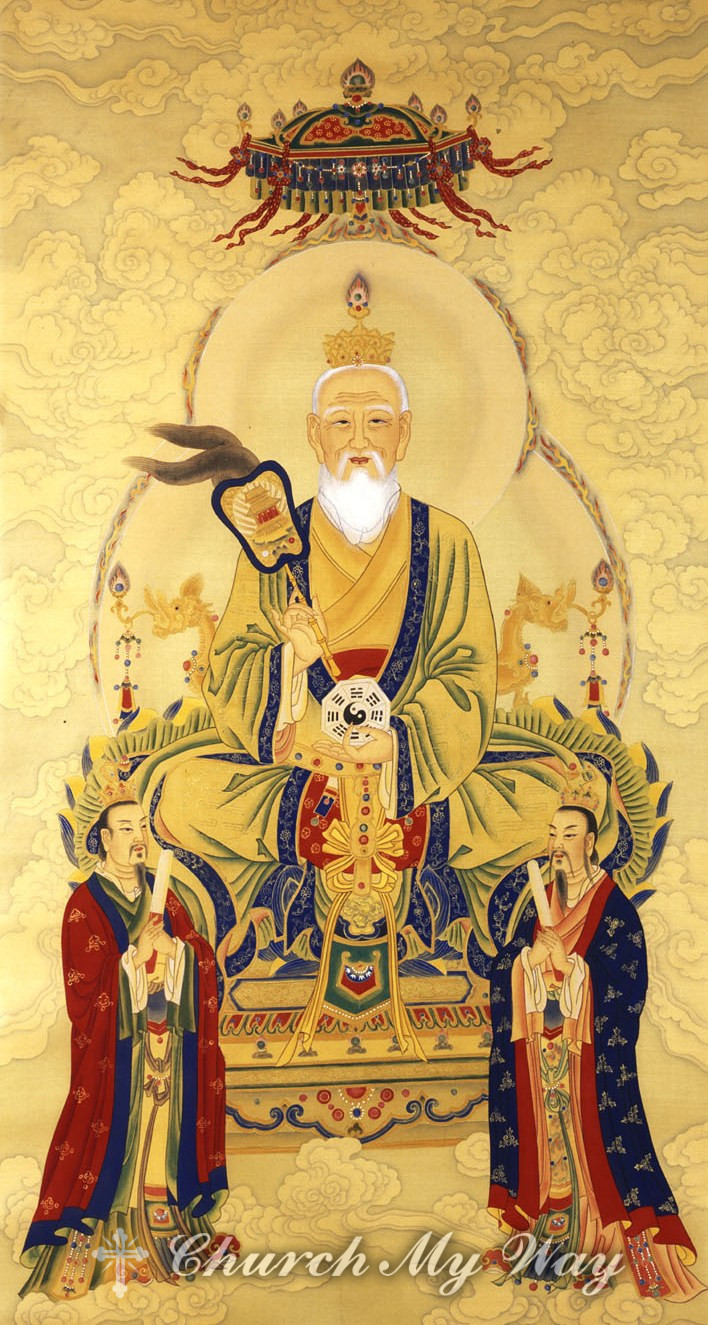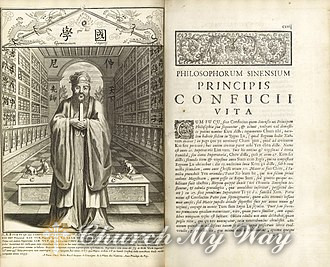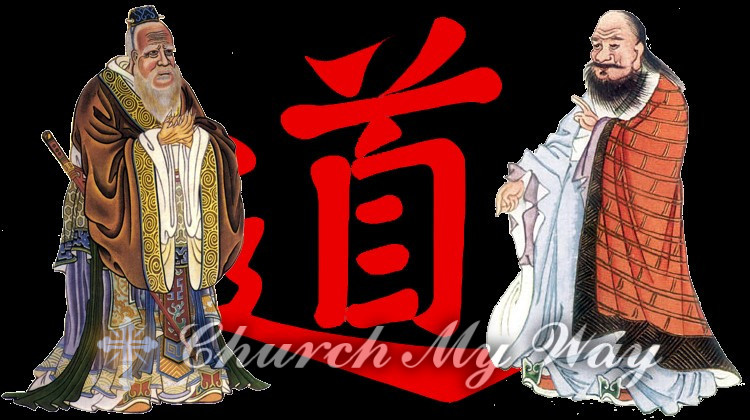What is the Difference Between Daoism and Confucianism?
Daoism and Confucianism are both Chinese philosophies that originated in the 6th century BCE. They have been compared to each other because they share similar principles, but they have different views on morality and government. Daoism and Confucianism are two of the most influential philosophies in ancient China. Though often compared, they developed in different eras and have distinct though complementary focuses. Confucianism emphasizes the importance of human relationships, while Daoism centers around the natural world.
Confucianism began as a philosophy during China’s Zhou dynasty (1046–256 BCE), and quickly became a social and political movement. Confucius (551–479 BCE) was the key figure in the development of the philosophy that bears his name; his followers compiled his sayings into the Analects, a major Confucian text. Confucianism became the state religion of China during the Han dynasty (206 BCE–220 CE) and continued to be influential throughout the country’s history.
Daoism, on the other hand, emerged during the warring states period (481–221 BCE) which immediately preceded the unification of China under the Qin dynasty (221–206 BCE). The major Daoist text is the Dao De Jing (c. 400 BCE) which was written by the sage Laozi (fl. 6th century BCE). Daoism did not become the state religion but has always been an important part of Chinese thought and culture. Daoism is based on the principle of balance and harmony with nature while Confucianism is based on social order and filial piety.
The two philosophies are similar in that they both value harmony, though they approach this ideal in different ways. Confucianism stresses the importance of human relationships and the need to uphold the social order through the five key relationships: ruler and subject, father and son, husband and wife, older and younger brother, and friend and friend. Daoism, on the other hand, advocates a ‘live and let live’ approach in which people follow the natural order of things and let the Dao, or the Way, guide them.
The difference between Daoism and Confucianism can be seen in their views on morality, social order, filial piety, life-cycle rituals, Heaven, and the afterlife.
What is the Difference Between Daoism and Confucianism?
Daoism and Confucianism are two religious and philosophical traditions that have been around for thousands of years. These two religions have similar origins, but they have different views on the world.
Daoism is a Chinese tradition that focuses on the balance of nature while Confucianism is a Chinese tradition with social values. Daoists believe that people should live in harmony with nature, while Confucians believe that people should live in harmony with society.
Difference between Confucianism & Taoism as Societies
Taoism is a religion, a philosophy, and a way of life that is primarily concerned with the concept of wu-Wei. It is also known as Daoism, which means “the Way” or “the Path”. Taoism has been practiced in China since the 6th century B.C. Confucianism on the other hand is a social and ethical philosophy developed over centuries by Chinese philosopher Confucius.
Confucianism emphasizes ethics, social harmony, and filial piety while Taoism emphasizes individual development without any moral obligations. In contrast to Taoist society which has no strict rules or laws, Confucian society has clear rules and regulations that are followed by its members.
The difference between these two societies can be seen in their value systems and how they regulate and govern their members. Confucianism is focused on order, cleanliness, filial piety (obedience to parents), and self-restraint. Taoism is focused on freedom from worldly attachments such as food and wealth.
The two different value systems have a profound influence on how society runs and operates because the community that practices Taoist beliefs would be considered individualistic, whereas a society that practices Christian beliefs would be considered communal.
Taoists in contrast to Christians would focus on the self and how each person should live their life accordingly. Taoism is a religion that focused on the natural world, focusing more on the idea of nature as a whole rather than individual nature.
It sees not only each part of creation but also the whole as good and sacred. Taoism was created by Lao Tzu, who is traditionally thought to be a real person that lived around 600 BC. He wrote Tao Te Ching, one of the most important texts in Taoism.
Difference Between Daoist & Taoist Practices
Daoism is a religious and philosophical tradition that emphasizes living in harmony with the flow of nature. Taoism is a school of Chinese philosophy that focuses on individual freedom and self-development through aligning oneself with the natural world.
Daoist practices are often focused on cultivating personal health and longevity. Taoists are more concerned with individual freedom and spiritual growth, which can be achieved through meditation, contemplation, or other means.
The main difference between Daoist practice and Taosic practice is the focus on health or spiritual growth.
The Basic Essentials of Tao Culture that is Similar to the Western World
Taoism is a philosophical and religious tradition that has been around for more than 2,500 years. The philosophy is based on the idea of balance and harmony in the universe.
The similarities between Taoism and Western culture are that both have a focus on nature, following your heart, and living in harmony with your surroundings. Taoism also has many other similarities with Western culture such as the concept of yin and yang, the Five Elements theory, meditation techniques like Tai Chi Chuan, and martial arts like Tai Chi.
Taoist concepts are often used in literature to create engaging stories that resonate with readers.
A Comparison of Chinese Philosophies
Chinese philosophy is a complex topic and there are many branches of it. In this paper, we have discussed the two main Chinese philosophies – Confucianism and Daoism. These two philosophies share many similarities but also have differences in their own way.
The main difference between these two philosophies is that Confucianism focuses on the individual whereas Daoism focuses on the community as a whole. This means that Confucianism has more emphasis on social order while Daoism has more emphasis on the natural order.
Confucian philosophy was introduced to China during the Zhou Dynasty (1046-256 BC) while Daoist philosophy was introduced to China during the Shang Dynasty (1766-1122 BC). This means that both of these philosophies have been around for quite some time and have had the time to be incorporated into traditional Chinese culture.
A recurring theme in Confucian philosophy is tianxia, which refers to a universal order based on human nature and Heaven’s way. This order has been subject to many interpretations throughout history, but it generally places humans in a hierarchical position with Heaven at the top and the Earth at the bottom.







